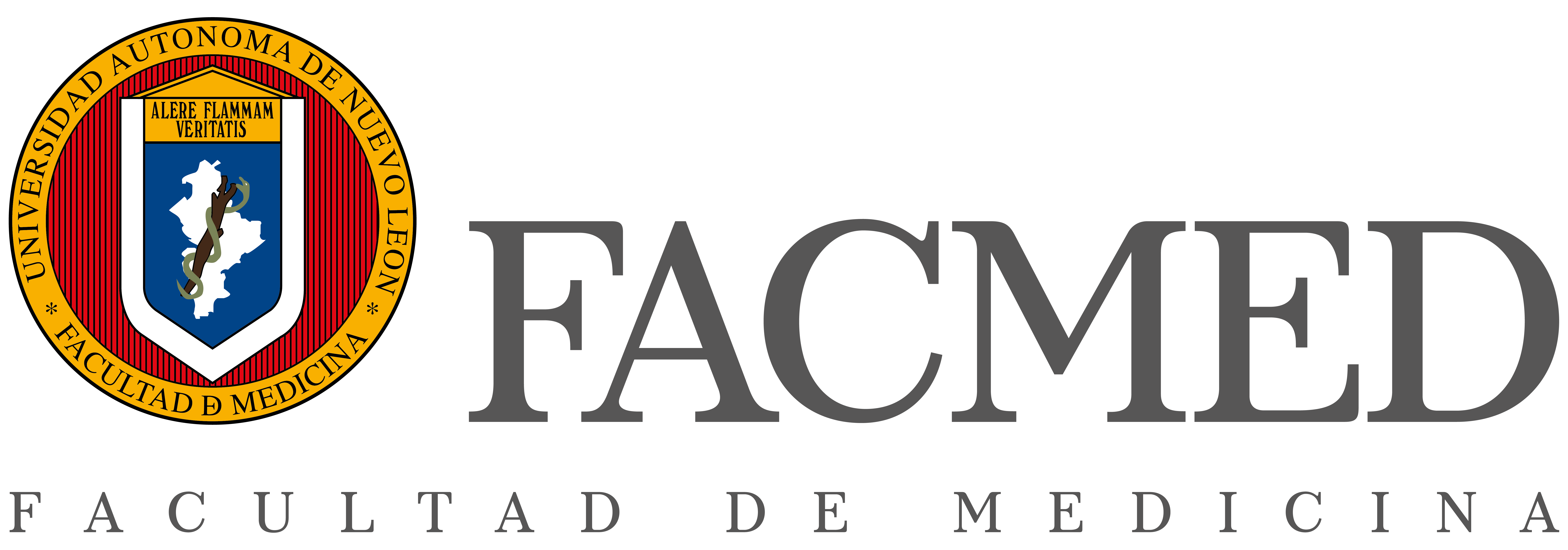Student profile (QCB/LQC)
Bachelor's Degree in Clinical Chemistry
Training professionals in chemistry for the health field
To train professionals in the field of health-related chemistry, equipped with the knowledge, skills, abilities, and attitudes acquired through a teaching-learning process delivered in optimal environments and with cutting-edge methodologies. This allows for the application of their competencies and ongoing professional development in healthcare, research, and environmental care, ultimately providing better service to society.
Professional fields
- Clinical laboratory
- Blood bank
- Toxicological analysis laboratory
- Laboratorio de Bioequivalencia
- Forensic laboratory
- Food laboratory
- Analytical laboratory
Graduates profile PROFESSIONALS
The graduate of the Bachelor’s Degree in Clinical Chemistry is a professional in the Health Sciences field, with a solid scientific, technical, and humanistic background; socially responsible and globally competent. They are capable of applying knowledge, skills, and attitudes to work both individually and in collaborative and interdisciplinary settings to solve health-related problems. They implement, develop, and validate Clinical and Chemical Analysis methods in various biological, environmental, and food matrices.
They are knowledgeable in clinical laboratory indicators that differentiate health from disease conditions and are trained to interpret results that support diagnosis and decision-making. They also carry out quality management activities in laboratories within a legal framework and with deep respect for the environment. Furthermore, they are competent in skillfully applying the scientific method, and in doing so, contribute to the generation of knowledge and the resolution of problems within their professional field, as well as providing consulting, training courses, and lectures.
They also contribute to the promotion of a responsible and sustainable society in accordance with the values promoted by UANL, through their integration into public or private institutions or as entrepreneurs. To achieve this graduate profile, the present academic program outlines the general and specific competencies to be developed, as well as the corresponding career opportunities.
Specific competencies
- Solve problems by applying knowledge of the chemical composition of matter as well as its physicochemical properties to determine analytes in biological, environmental, and food matrices.
- Perform physical, chemical, and/or biological procedures in the collection, handling, storage, and analysis of samples to contribute to reliable clinical, toxicological, chemical, food, forensic, and environmental diagnoses.
- Handle chemical and biological materials in compliance with official Mexican and/or international standards to ensure their proper use and disposal in order to protect health and the environment.
- Validate bioanalytical methods based on performance criteria that ensure the reliability of results obtained from chemical-biological samples.
- Incorporate new analytical methodologies that contribute to the functional, economic, and/or environmental improvement of laboratory processes to meet needs in the health field.
- Interpret analysis results based on established criteria that allow for timely and relevant decision-making in clinical, toxicological, chemical, food, forensic, and environmental diagnostics.
- Ensure the reliability of analytical results by applying quality control guidelines as well as laboratory policies to support sound decision-making.
- Secure the necessary resources by applying quality management systems to ensure the proper operation and continuous improvement of laboratories.
Professional fields
Clinical laboratory
+-- Performs sample collection and processing.
- Carries out result validation and reporting.
- Conducts process quality control activities.
- Participates in continuing education courses and workshops.
- Manages and ensures the quality of laboratory processes.
- Serves as the laboratory’s health officer.
- Complies with the standards and procedures applicable to the Clinical Laboratory.
Blood bank
+-- Collects blood samples.
- Selects and performs blood extraction in donors.
- Analyzes blood according to regulatory procedures.
- Determines blood and blood product compatibility.
- Safeguards and handles blood units and their derivatives according to established procedures.
- Performs quality control activities.
- Participates in continuing education courses and workshops.
- Manages the Blood Bank.
- Complies with the Official Mexican Standards applicable to the Blood Bank.
Toxicological analysis laboratory
+-- Develops and validates methods for sample preparation and analysis of toxic elements and compounds in various matrices.
- Performs analytical procedures for the detection of metals, drugs of abuse, and other substances of toxicological interest.
- Complies with safety standards and procedures applicable to toxicological analysis laboratories.
Bioequivalence laboratory
+-- Develops and validates methods for sample preparation and drug analysis in biological matrices.
- Uses state-of-the-art analytical instrumentation for analyte quantification in bioequivalence studies.
- Applies official Mexican standards for bioequivalence studies and good laboratory practices.
Forensic laboratory
+-- Carries out the chain of custody for samples and records.
- Implements and applies analytical and extraction methods according to each sample type.
- Performs qualitative and quantitative identification of substances in forensic samples.
- Prepares expert reports interpreting analytical findings.
- Complies with safety standards and procedures applicable to forensic analysis laboratories.
Food laboratory
+-- Carries out appropriate sampling procedures for food analysis.
- Implements analytical and extraction methods according to each type of sample.
- Performs chemical composition analysis of food.
Analytical laboratory
+-- Develops, validates, and applies extraction procedures and spectroscopic and chromatographic analyses.

